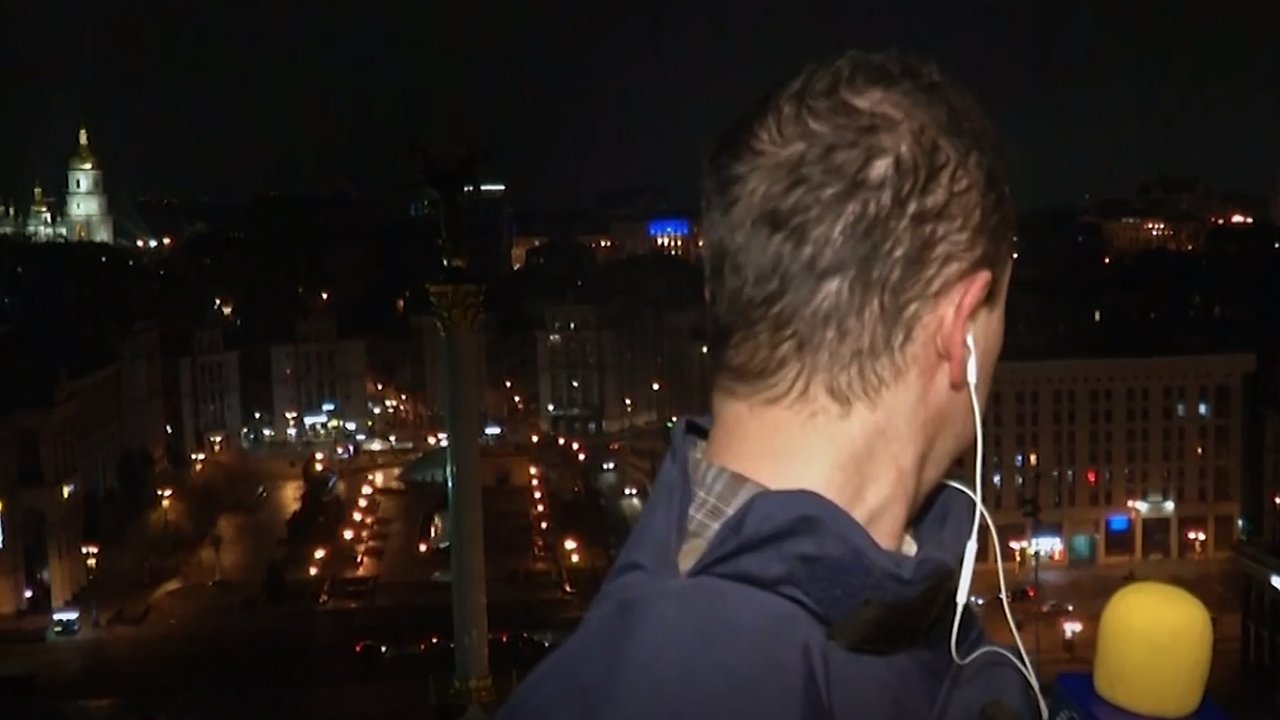
Después de Ucrania: Relatos de una Cobertura (2023)
Four journalists talk about their experiences and share their testimonies of the Russian invasion of Ukraine.

Four journalists talk about their experiences and share their testimonies of the Russian invasion of Ukraine.
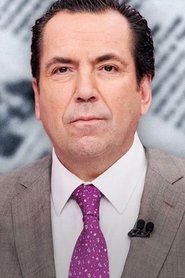 Eduardo SalazarSelf
Eduardo SalazarSelf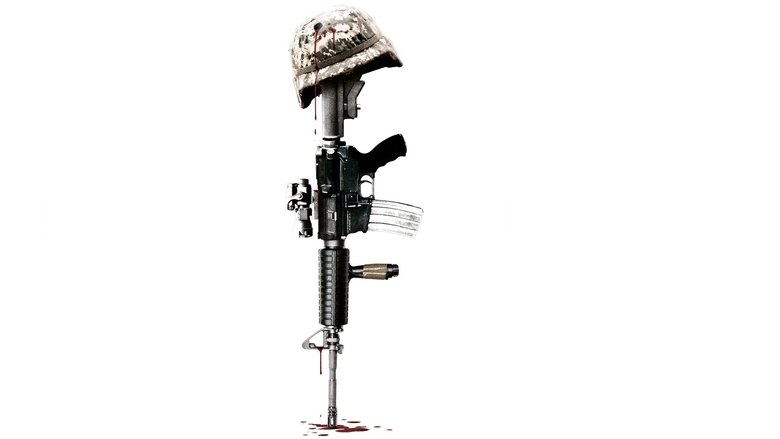
A fictional documentary discusses the effects the Iraq war has had on soldiers and local people through interviews with members of an American military unit, the media, and local Iraqis.
Glazed, delves into the psyche of a listless veteran trapped in the past, yet fighting to live in the present. Through haunting images of war and love, we see the torment a soldier puts himself through as he tries to find a reason to go on.
It's a satirical comedy that chronicles 3 young Canadian film makers from Yellowknife as they travel from northern Canada to the middle east just as the Iraq war is erupting. As well as being very funny, it is also quite thought provoking. The trio travels through Canada, Turkey, Israel, Jordan and finally Washington DC interviewing "regular people" for their comments on the impending war. This film won best documentary at the 2003 Whistler Film Festival in Canada.
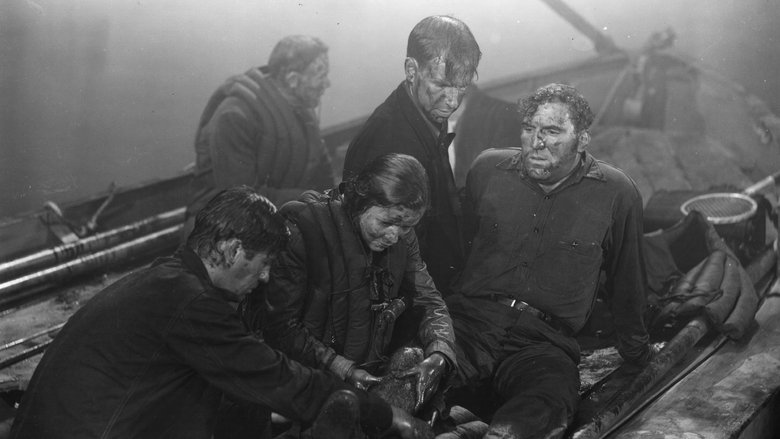
During World War II, a small group of survivors is stranded in a lifeboat together after the ship they were traveling on is destroyed by a German U-boat.
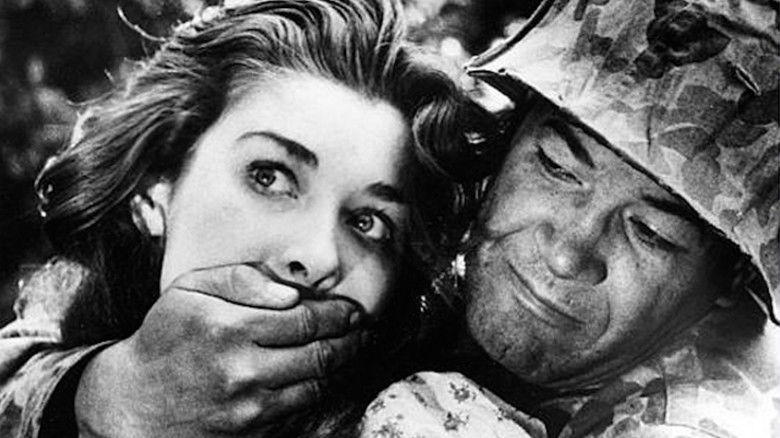
After their airplane crashes behind enemy lines, four soldiers must survive and try to find a way back to their battalion. However, when they come across a local peasant girl the horrors of war quickly become apparent.
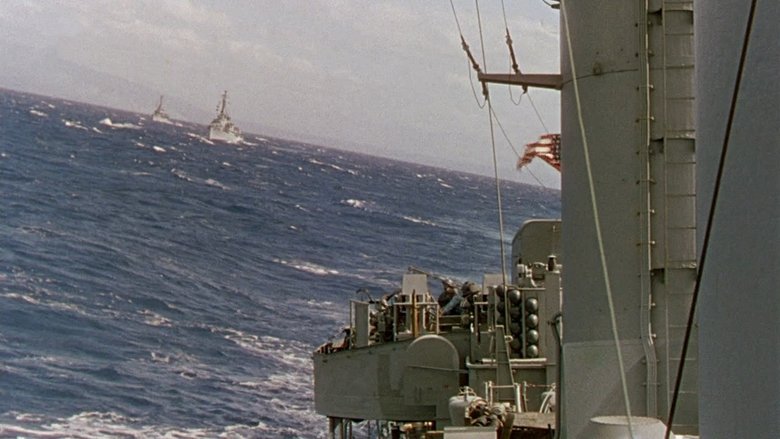
When a US Naval captain shows signs of mental instability that jeopardize his ship, the first officer relieves him of command and faces court martial for mutiny.
Since the renewed Intifada began in 2000, there have been over 75 Palestinian suicide bombings. This is the story of 0ne-the bombing of bus 32 in Jerusalem in June 2002. The film connects the stories of a group of ordinary Israelis-Jews and Arabs. Each of them holds a clue to someone who died that day.
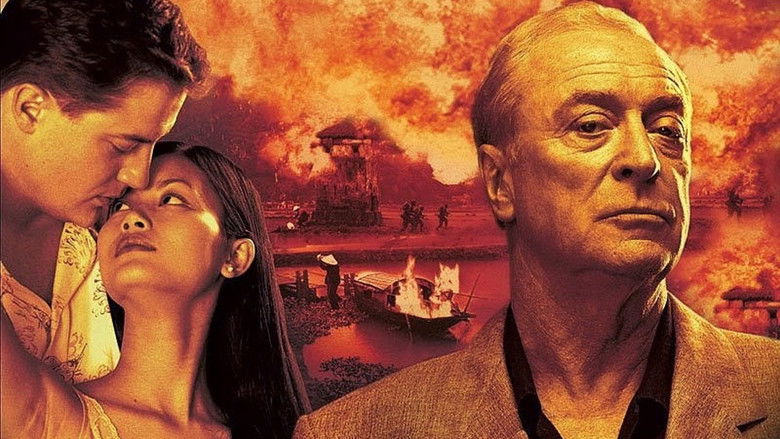
Cynical British journalist Fowler falls in love with a young Vietnamese woman but is dismayed when a naïve U.S. official also begins vying for her attention. In retaliation, Fowler informs the communists that the American is selling arms to their enemy.
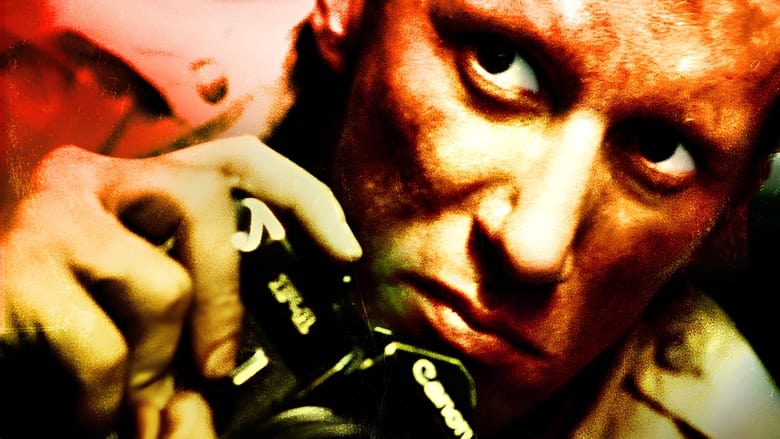
In 1980, an American journalist covering the Salvadoran Civil War becomes entangled with both the leftist guerrilla groups and the right-wing military dictatorship while trying to rescue his girlfriend and her children.
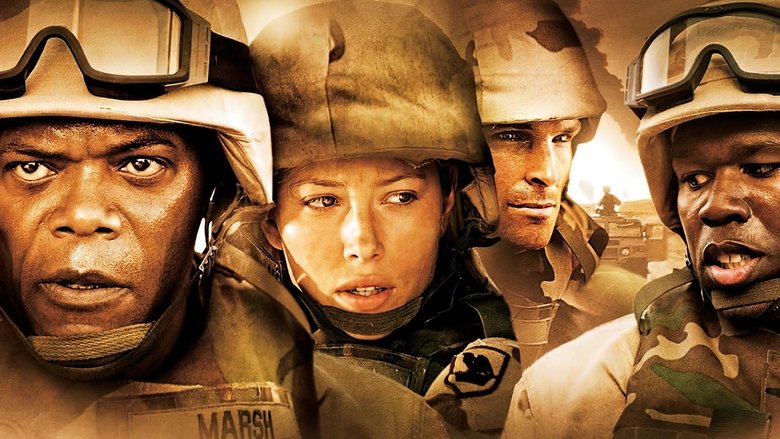
The day after they get the word they'll go home in two weeks, a group of soldiers from Spokane are ambushed in an Iraqi city. Back stateside we follow four of them - a surgeon who saw too much, a teacher who's a single mom and who lost a hand in the ambush, an infantry man whose best friend died that day, and a soldier who keeps reliving the moment he killed a civilian woman.
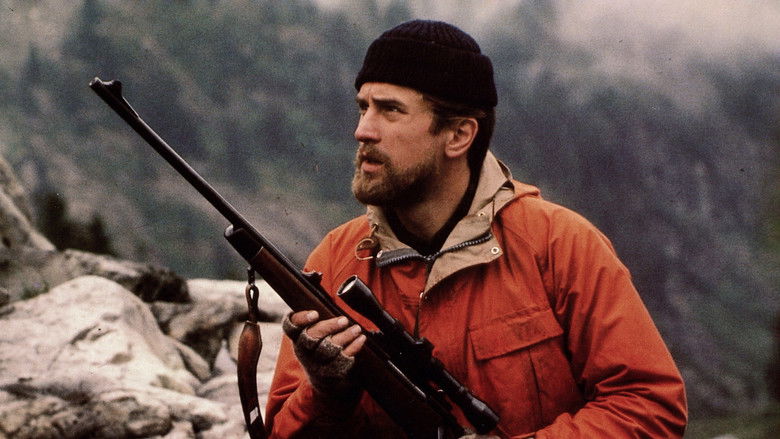
Three steelworkers enlist in the army and are sent to Vietnam, one leaving behind a rushed marriage, the others a shared love. What they encounter during the war changes their lives forever.
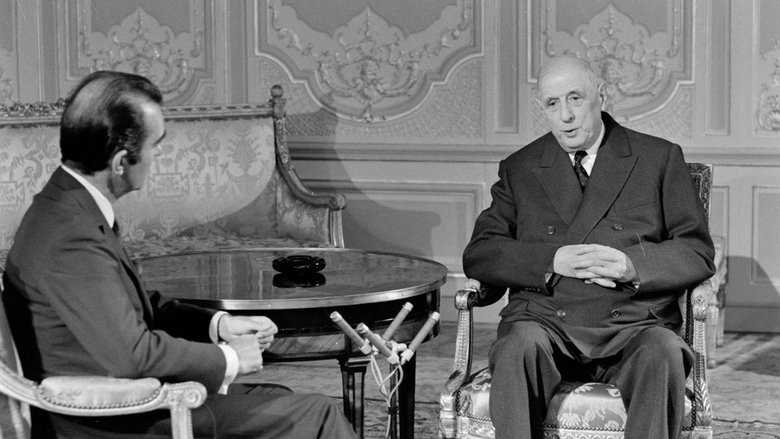
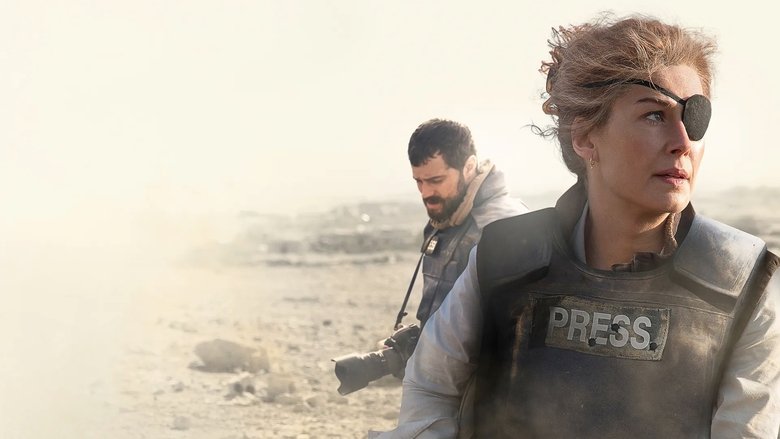
One of the most celebrated war correspondents of our time, Marie Colvin is an utterly fearless and rebellious spirit, driven to the frontlines of conflicts across the globe to give voice to the voiceless.
A young woman struggles to move on from the consuming grief of her experience as a combat medic in the Trường Sơn mountains during Vietnam War .
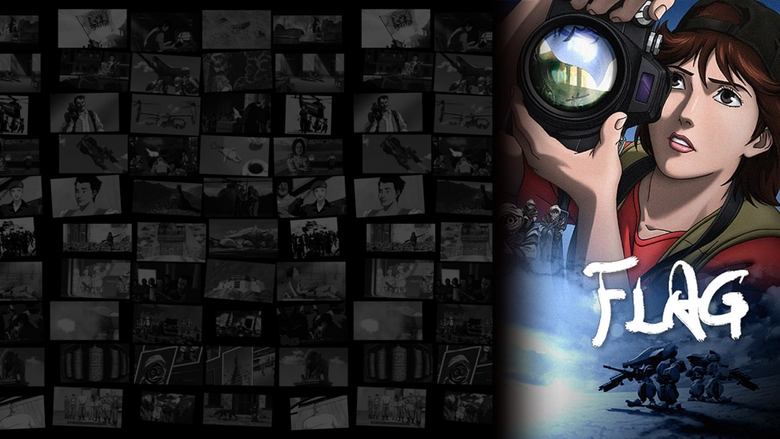
Director's cut release of the war/mecha anime series "FLAG" features famous scenes from the series edited together into a cohesive, realistic story about war. Camerawoman Shirasu Saeko's photo of residents of a war-torn Asian country struggling to raise the flag of the UN became the symbol for the movement of peace across the land. However, on the eve of a truce, the actual flag captured in the photo is stolen and war once again threatens to plague the land. To return the flag and establish peace in the land, the UN sends a lone mechanical army called the SDC (pronounced as Seedac—Special Development Command).
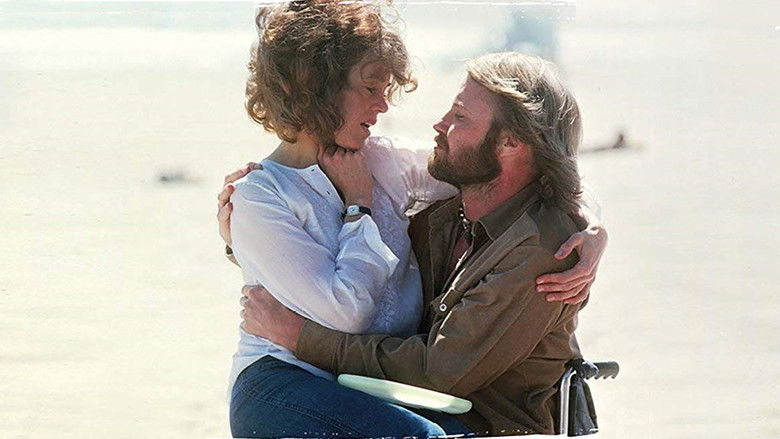
In 1968 California, a Marine officer's wife falls in love with a former high school classmate who suffered a paralyzing combat injury in the war.
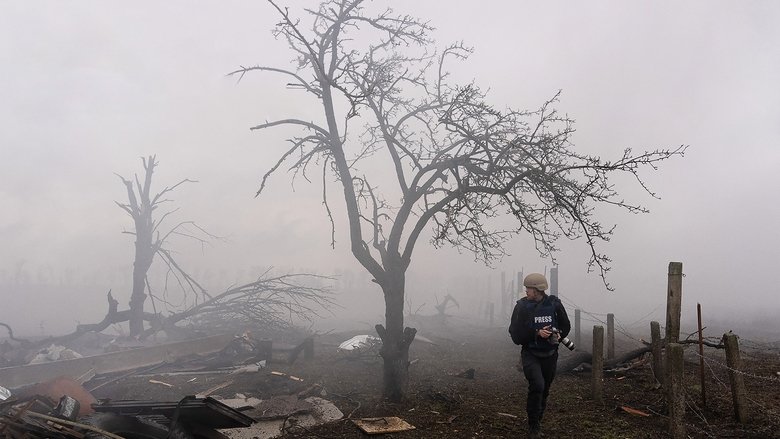
As the Russian invasion begins, a team of Ukrainian journalists trapped in the besieged city of Mariupol struggle to continue their work documenting the war's atrocities.
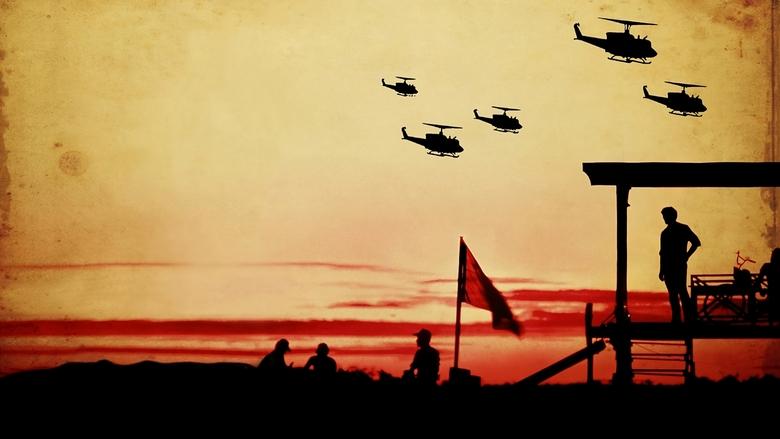
New York Times reporter Sydney Schanberg is on assignment covering the Cambodian Civil War, with the help of local interpreter Dith Pran and American photojournalist Al Rockoff. When the U.S. Army pulls out amid escalating violence, Schanberg makes exit arrangements for Pran and his family. Pran, however, tells Schanberg he intends to stay in Cambodia to help cover the unfolding story — a decision he may regret as the Khmer Rouge rebels move in.
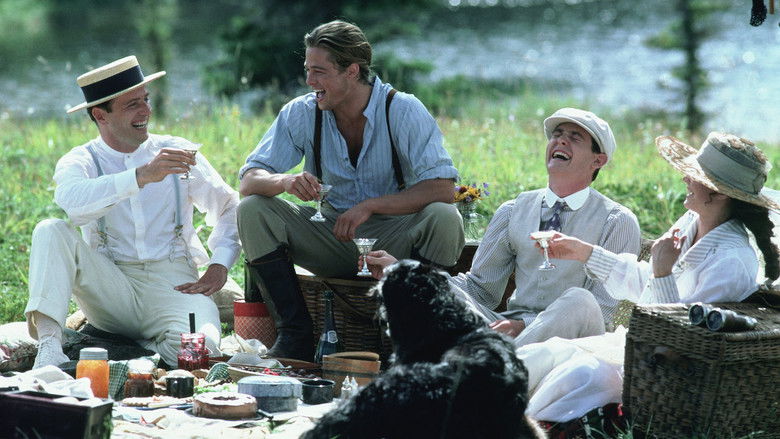
In early 20th-century Montana, Col. William Ludlow lives on a ranch in the wilderness with his sons, Alfred, Tristan, and Samuel. Eventually, the unconventional but close-knit family are bound by loyalty, tested by war, and torn apart by love, as told over the course of several decades in this epic saga.

The lastest neuroscience discoveries show surprising results: false memories, distortion, modification, déjà vus. Our memory is affected in many ways, and deceives us every day. The very fact of recalling souvenirs modifies them. The everyday consequences are manyfold. To what extent can we rely on our souvenirs? How much credit can we give them during trials? Even more shocking, scientists have proved to be able to manipulate our memory: creating artificial souvenirs, deleting, emphasizing or restoring them on demand.